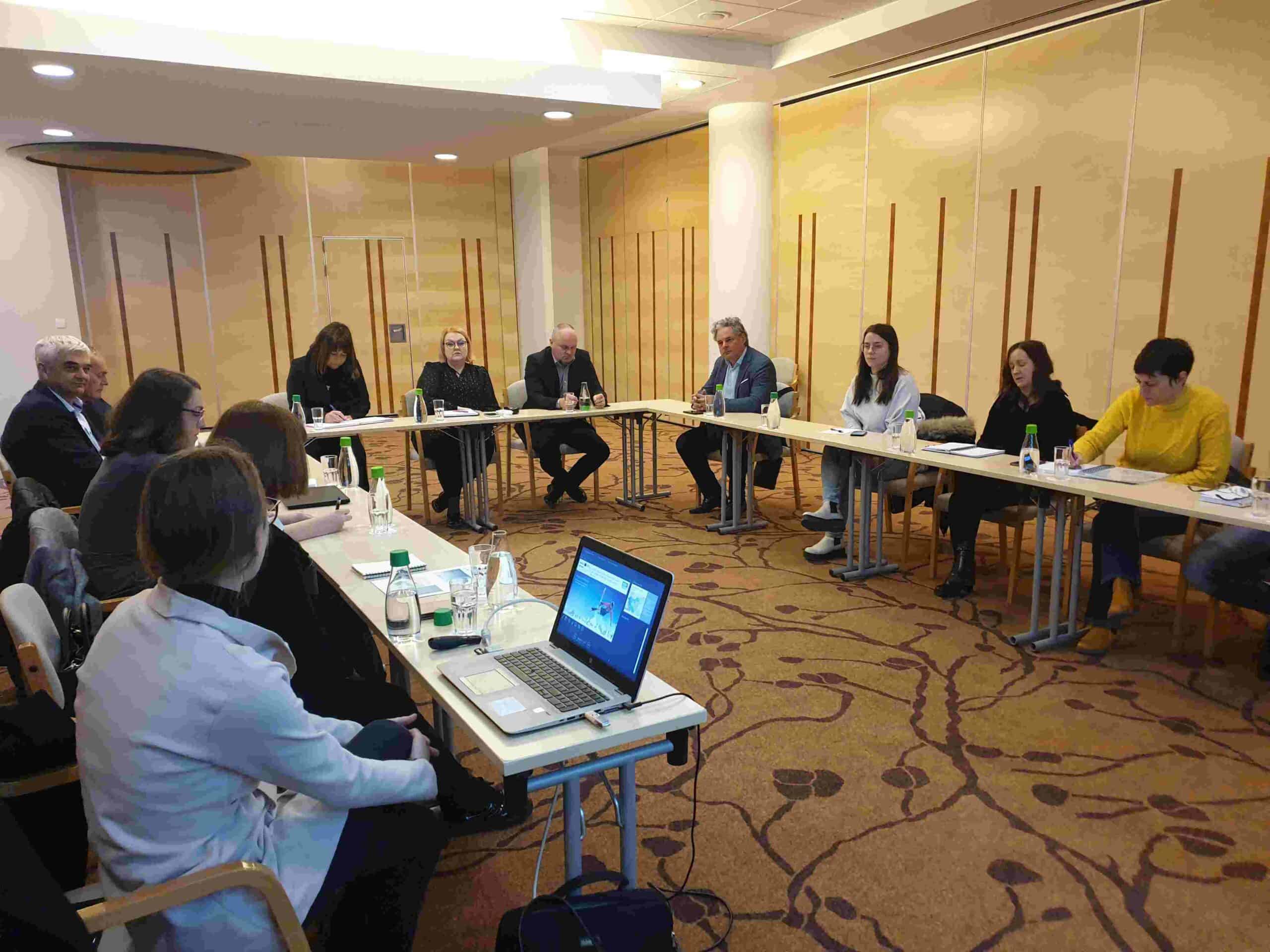Author: Maruša Goluža, ZRC SAZU
Living Labs as a core research unit in the TranStat project
Living Labs are central to the TranStat project’s research endeavours, serving as dynamic hubs for testing and refining innovative sustainable practises in alpine mountain resorts. This hands-on approach ensures practical and tailored solutions to the unique challenges. In addition, Living Labs facilitate collaboration among diverse stakeholders and promote knowledge sharing and pooling of resources for sound, multidisciplinary solutions. They empower local communities to co-create the future of ski tourism in their regions and serve as powerful platforms for learning and disseminating successful initiatives. Ultimately, the Living Lab concept is a user-centred approach to innovation that bridges the gap between academic research and practical application.
The Research Centre of the Slovenian Academy of Sciences and Arts (ZRC SAZU) is at the forefront of scientific research in Slovenia, focusing on the humanities and social sciences as well as selected natural science disciplines. For over 40 years, the mission of ZRC SAZU has been to bridge the gap between academic research and practical application. As a (lead) partner in numerous basic and applied research projects, ZRC SAZU has played a central role in promoting research-driven solutions.
As partner in the TranStat project, ZRC SAZU is responsible for transition policy recommendations. This means that we will closely monitor progress in all participating Living Labs and encourage them to formulate policy proposals that can be thematically or generally applicable across the Alpine Space.
Recent and current activities of ZRC SAZU within the TranStat project
ZRC SAZU has actively participated in all aspects of the TranStat project. Together with RAGOR, we conducted the stakeholder network analysis in the Slovenian Living Labs, Kranjska Gora and Rogla. The TranStat project encourages stakeholders from different sectors to actively participate in the Living Labs and contribute to their sustainable transition. The first meetings with key stakeholders in Kranjska Gora and Rogla took place in February and March 2023.
Currently, the project teams at ZRC SAZU and RAGOR are immersed in the diagnosis of Kranjska Gora and Rogla. This involves an in-depth literature review and the collection and analysis of various indicators proposed by the project lead partner INRAE. We’re collecting socio-economic data, tourism statistics, land-use change information and biodiversity data. This thorough research is critical to understanding each Living Lab and informing our future activities.
To better understand how residents and visitors perceive Kranjska Gora and Rogla, ZRC SAZU and RAGOR together launched an online survey in October 2023. Participants are invited to address various aspects, including quality of life, level of service related to ski tourism, responses to climate change and key challenges in both mountain resorts. The survey includes multiple-choice questions, open-ended questions, and Likert-scale questions, and is the first step toward a transdisciplinary approach that captures real-world perceptions, challenges, and needs.
Future events in Kranjska Gora and Rogla
To complete the diagnoses of Kranjska Gora and Rogla, ZRC SAZU and RAGOR are planning two workshops in November 2023 to bring together a core group of stakeholders in each Living Lab. The goal of the workshops is to create a shared understanding of the local context, discuss perceptions of change drivers, identify key challenges, and outline stakeholder needs for sustainable transition. This is another opportunity to foster genuine connections between researchers and local stakeholders and to guide us on the path to a sustainable future for mountain resorts.



